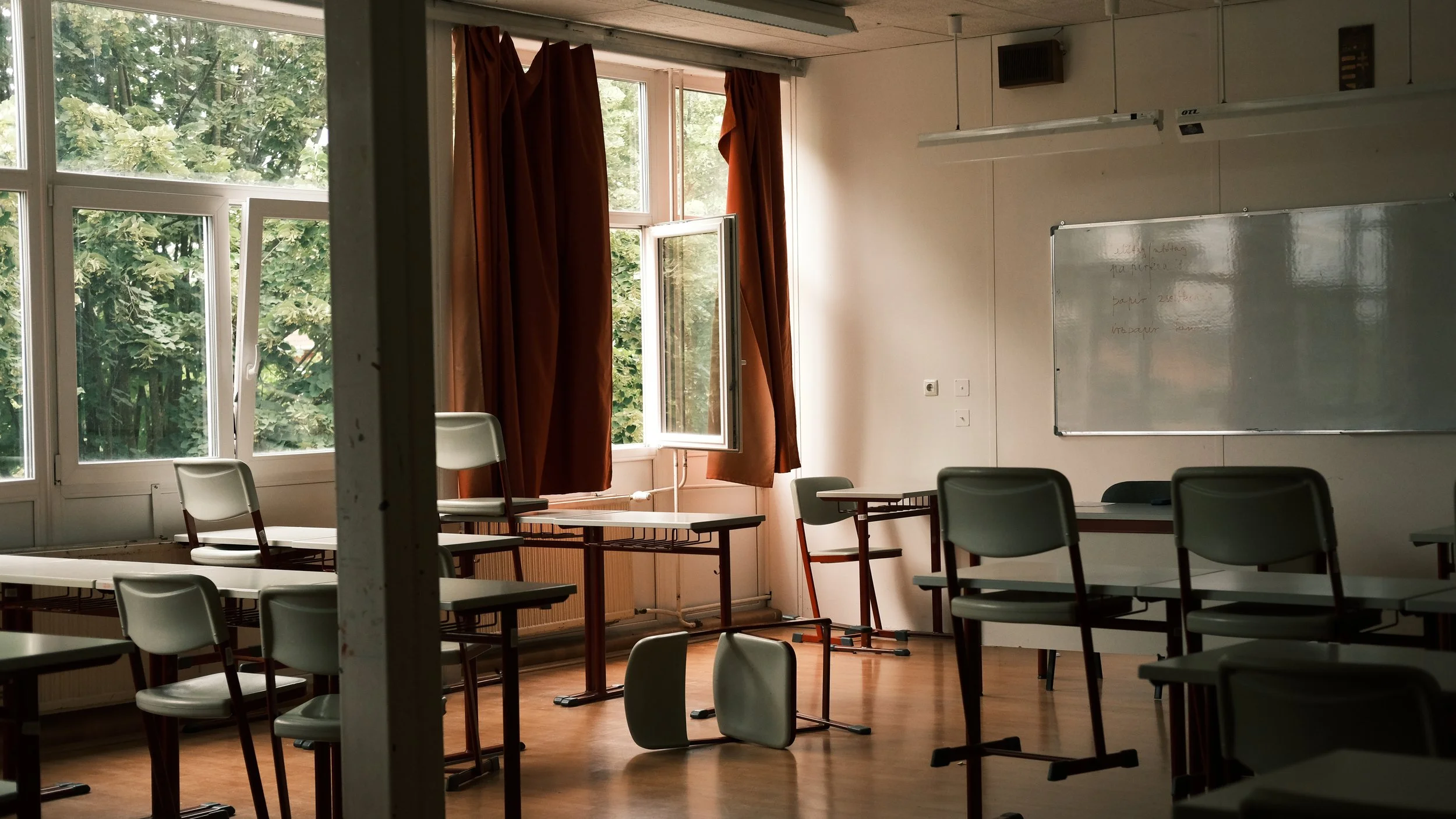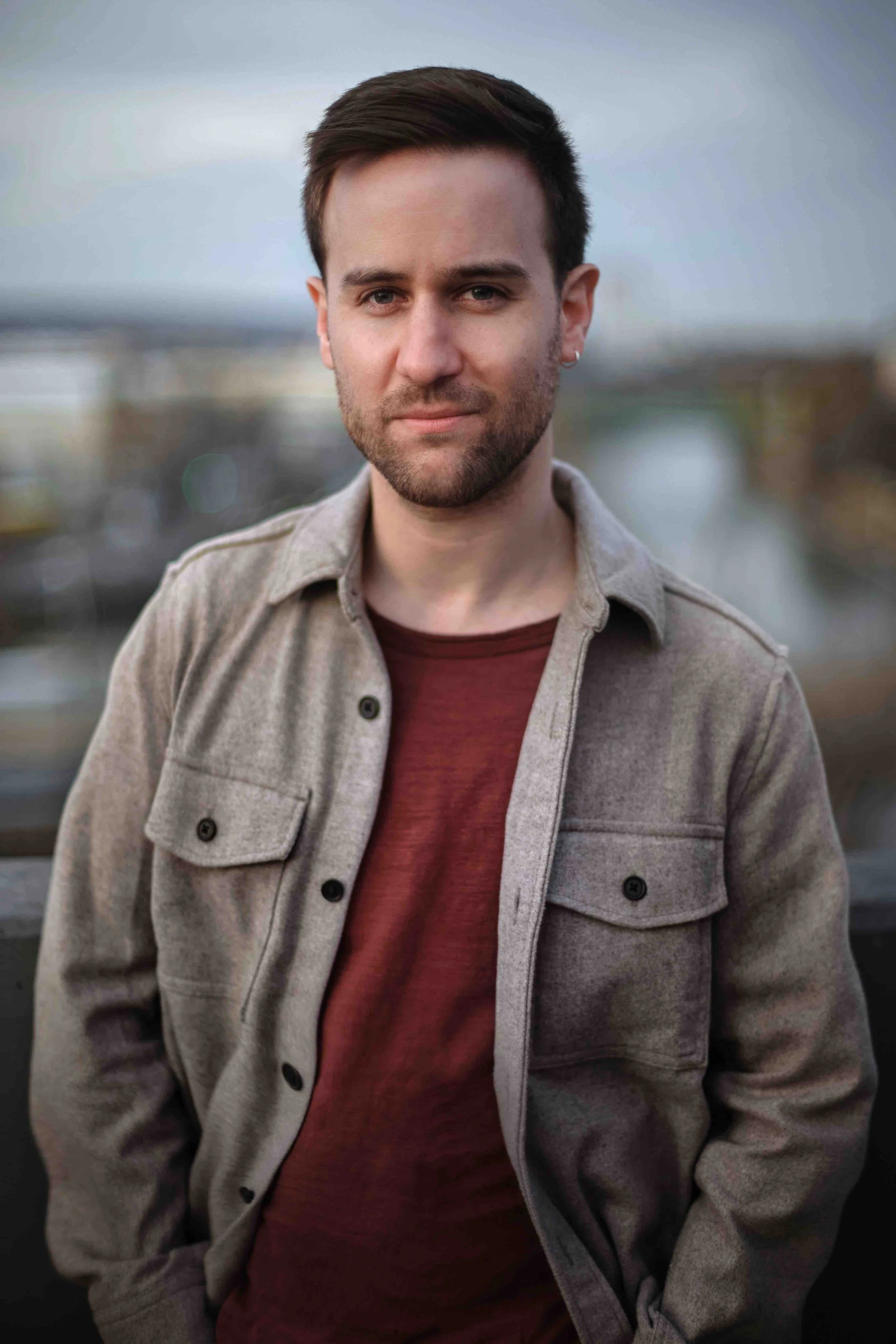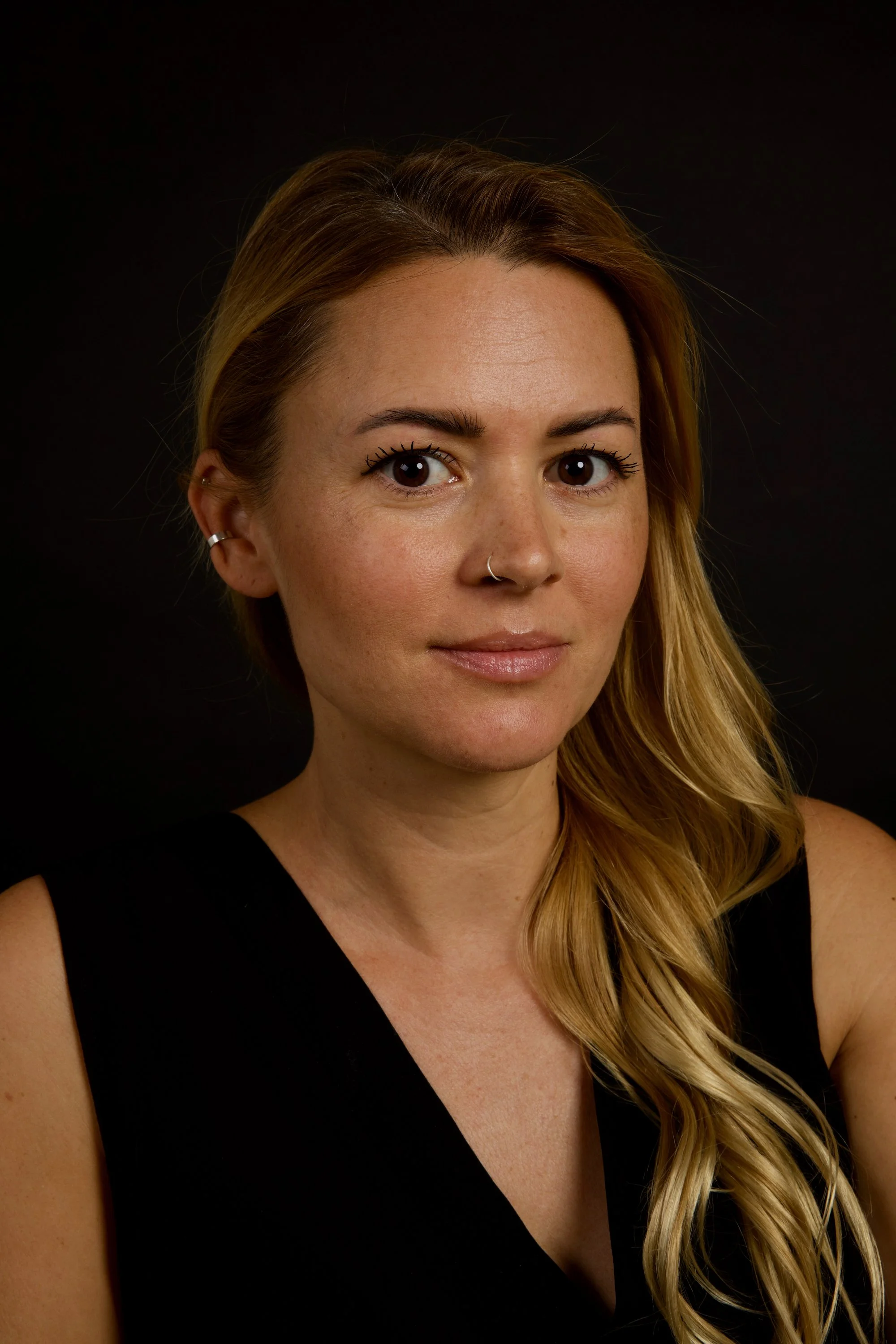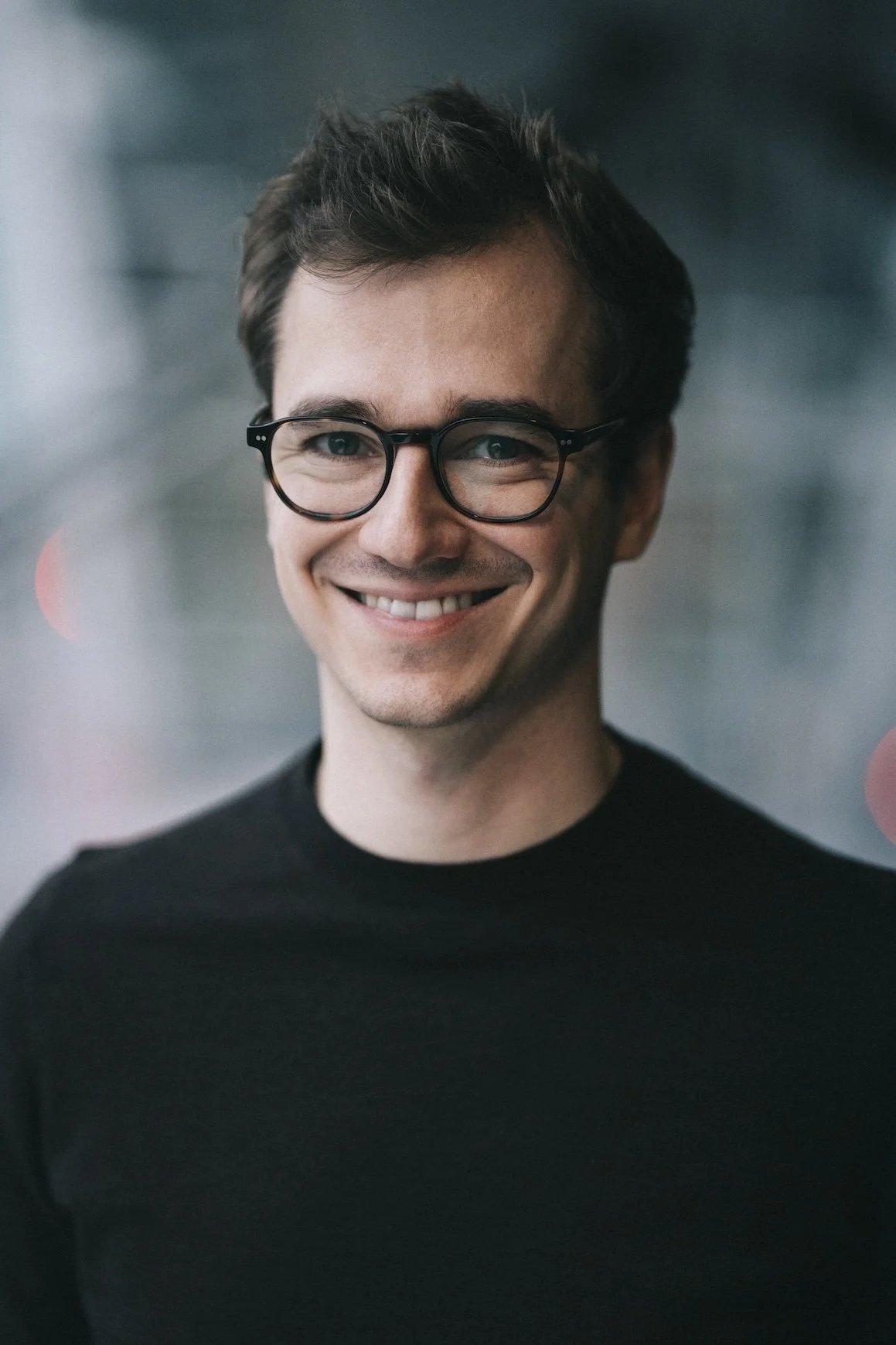Kálmán Nagy
THE SHAME OF THE BORBÉLY FAMILY
In a small Hungarian town, the life of Tamás and Éva's family is shattered when their seventeen-year-old son attacks his teacher with a knife. The family must face the consequences of the violent act.
SYNOPSIS
In a rural Hungarian town in the present day, seventeen-year-old Dani, who is struggling with anxiety around his academic performance, receives worse-than-expected results on his end-of-year exams. His parents, Tamás and Éva, become gravely concerned about his prospects for further education. Without Dani’s knowledge, Tamás arranges for him to write the test again with his math teacher, Erika, with whom Dani already has a strained and conflict-ridden relationship. Under increasing pressure and facing repeated humiliation, Dani ends up in a serious confrontation with Erika on the day of the test. During their heated argument, the boy attacks the teacher with a knife. One of Dani’s classmates intervenes and, while disarming Dani, who is blind with rage, is injured. Dani is arrested, and Erika is rushed to the hospital. Devastated, Tamás and Éva are shocked by their son’s violent behaviour. The following day, Erika dies from her injuries. Dani struggles with deep guilt while he is confined to a juvenile detention centre, and his family’s lives fall apart. Confronted with their new reality, his parents must face the legal and emotional consequences of the violent act, the harsh judgement of the community, and their own trauma. They run a small grocery store attached to their family home, which makes it impossible to shield themselves from public shaming. They are forced to continue their business under a constant shadow of scandal. Their younger son, eleven-year-old Ábel, who delivers groceries to the elderly on his bike with a trailer, is also vulnerable to the town’s rejection. Their five-year-old daughter, Petra, is taken from one psychologist to another, as she has been suffering from urination issues since the incident. Consulting with Dani’s lawyer, the parents attempt to present as many mitigating circumstances as possible in court to reduce their son’s sentence. They emphasize Dani’s unstable mental state, anxiety, their own negligence as parents, and Erika’s unfair treatment of him, which the lawyer argues also played a role in the tragic outburst. In light of this, Tamás visits the family of Bence, who was also injured on the day of the attack, with the intention to apologise. However, the meeting takes an unexpected turn when Tamás reveals his real reason for coming: he has learned that Bence possesses a video, recorded by a classmate, showing the fatal argument between Dani and Erika just before the attack. Tamás wants to obtain the footage to help defend his son in court, but Bence’s parents respond with outrage and contempt and firmly reject the request. The emotional consequences of the crime and the growing confrontation with their own responsibility begin to drain the parents of all strength. One distressing evening, Tamás and Éva are struck with helpless horror when they learn that Ábel has been assaulted by Erika’s godson and his friends on an abandoned football field. While they wish to stand up against the cruel attack, their overwhelming guilt and shame paralyse them. Worsening disagreements push them further apart. Eventually, the two families agree to meet in an attempt to resolve the case of the assault of Ábel outside the courtroom. However, mutual wounds make reconciliation difficult, and the encounter exposes the painful truth each family carries. As Dani’s trial draws to a close, his guilt completely consumes him. During the week before sentencing, he confesses a secret to his parents. His revelation presents Tamás and Éva with a moral dilemma—one that threatens not only their legal strategy but also the remaining dignity of their family.
DIRECTOR
Kálmán Nagy
PRODUCERS
Andi G Hess, Johannes Schubert
PRODUCTION COMPANY
Schubert
CO-PRODUCTION COMPANY
Lupa Pictures
COUNTRIES
Austria, Hungary
Kálmán Nagy
Kálmán Nagy was born and raised in Hungary. Since 2012, he has lived in Vienna, where he graduated from Michael Haneke’s directing class at the Filmakademie Wien. His most recent short film, THE OTHER END OF THE STREET, had its premiere at the Sarajevo Film Festival. The film won the First Steps Award in Germany, as well as the Best Short Film and the Audience Award at the Max Ophüls Film Festival in 2023. It has been screened at more than fifty festivals such as the Clermont-Ferrand International Short Film Festival, the Angers European First Film Festival, the Huesca International Film Festival, and Filmschoolfest Munich, and has won numerous awards. It was also shortlisted for a Student BAFTA. His first feature-length project, THE SHAME OF THE BORBÉLY FAMILY, was invited to Les Arcs Talent Village in 2022, where it was awarded a special mention. He is currently in pre-production with that film and developing the script for his second feature.
DIRECTOR’S STATEMENT
Several years ago, a member of my extended family took another man’s life. The impact of the murder sent shockwaves through my family and it reverberates to this day. What struck me most was the sense of shame that settled over my family. In the collective consciousness, when a murder or rampage occurs, the focus tends to fall on the perpetrator, the victim, and the suffering of the victim’s family. My own experience has always made me interested in the fate of the perpetrator’s loved ones as well: How does such a violent act fracture the lives of parents who believed they raised their child with love and care? What kind of mark does it leave on siblings when their brother becomes the source of horror? What invisible forces of guilt and judgement bear down on these families, distorting their inner world and their relationships? How do they cope with societal blame and their own sense of failure? This reflects a deeper issue in our society’s response to such tragedies. Too often, there is little room for empathy, understanding, or emotional support for these families—they are left to carry the burden of generational stigma in silence. With this film, I also want to create space for questioning the systems that leave children and young people isolated under immense pressure. In a world obsessed with performance it's time we treated mental health—and prevention—as priorities, not afterthoughts. I hope the questions raised by the film will challenge the viewer to activate their moral compass and reflect more deeply on the complexity of the human soul. While the story explores themes of trauma and helplessness, it also asks whether there is still room for dialogue and forgiveness, and ultimately, for healing.
Andi G Hess
Andi G Hess is a Vienna-based, internationally active producer whose work spans from art-house films with high artistic value to dramedy series for large audiences to cinematic documentaries, with shoots all over the globe. Her acclaimed films as as producer include Sandra Wollner’s THE TROUBLE WITH BEING BORN, which was presented in the Encounters section of the Berlin International Film Festival, where it won a Special Jury Award, and went on to screen at festivals worldwide and win four Austrian Film Awards, six Diagonale Awards, a Special Jury Award at the Vienna International Film Festival, and a German Film Critics’ Award, among many others. Her debut production, THE IMPOSSIBLE PICTURE, shot on 16mm film, also received multiple awards and festival invitations. From 2020 to 2024, Hess was a producer at DOR Film, where she completed feature films and series, collaborating with renowned directors as well as promising emerging talents. In 2025 she joined Schubert, a production company based in Austria and Germany. She is actively involved in film industry associations such as Film Fatal, a network of female producers, and the Atelier Network, an international filmmakers' association with over 400 members, where she was previously a board member. Hess is an alum of the one-year programme Atelier Ludwigsburg-Paris, a collaboration of the Filmakademie Baden-Württemberg, La Fémis Paris, and the National Film and Television School in London; NYFA Los Angeles; Berlinale Talents; Series’ Women; and the EAVE Producers Workshop. She was selected as a Producer on the Move at the Festival de Cannes in 2025, and is currently participating in the Inside Pictures programme.
Johannes Schubert
After graduating from the National Film and Television School in London and the Film University Babelsberg, Johannes Schubert has worked in Austria, Germany and the UK. His credits as a producer include the Hot Docs Audience Award winner DEAR FUTURE CHILDREN and the European Film Award-nominated short KONTENER. Schubert is a producer of Jessica Hausner’s second English-language film CLUB ZERO, which had its premiere in the Official Competition at the Festival de Cannes in 2023. Currently, he is in post-production with the next Markus Schleinzer film, ROSE, starring Sandra Hüller. In 2019, Johannes Schubert was named to the Forbes 30 Under 30 list. He participated in the EAVE Producers Workshop and was selected in 2022 as Producer on the Move. Since 2023, he has been part of ACE Producers. Schubert is a member of the Austrian, German, and European Film Academies.
PRODUCER’S STATEMENT
Our film delves into profound themes of guilt, responsibility, and family dynamics in the face of unimaginable events. Writer-director Kálmán Nagy crafts an intense, emotionally complex narrative that challenges perceptions and invites reflection. His acclaimed short films have demonstrated his meticulous direction and nuanced visual language, earning international recognition. Kálmán’s project was invited early on to Les Arcs Talent Village, where it received a Special Mention. We’ve secured script and production development funding from the Austrian Film Institute and Film Fund Vienna, and are pursuing a co-production between Austria, Hungary, and a third country. Rooted in authenticity, the film blends artistic ambition with cinematic excellence and strong global potential. This potential is further emphasised by our world sales partner, Lucky Number, which believes in Kálmán’s talent and the film’s ability to succeed at prestigious festivals and resonate with a wide audience.
Production company profile
Schubert was founded by producer Johannes Schubert. The company values long-term collaboration with filmmakers and clear artistic visions, with a focus on distinctive voices and themes that resonate internationally. Working hand in hand with partners, the company ensures its films reach the right audience with care. The current portfolio includes feature films by Jessica Hausner, Markus Schleinzer, Kálmán Nagy, Franz Böhm, and Mike van Diem.
Where are we at?
TOTAL ESTIMATED BUDGET
2.900.000 €
FINANCES PENDING
2.768.000 €
FINANCING IN PLACE
132.000 €
Production timeline
2025
Financing
2026 Q2-Q3
Shooting
2026 Q2 - Q3
Shooting
2026 Q3 - 2027 Q1
Post-production
2027 Q2
Festival premiere





